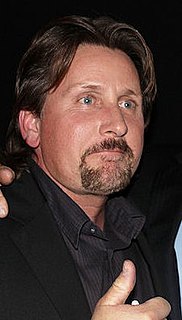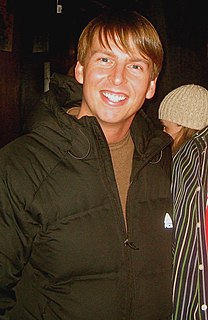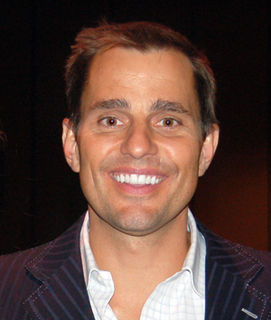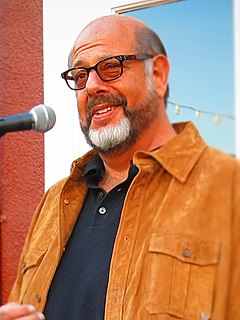A Quote by Paul F. Tompkins
When I started stand-up, the people I admired most were the people who were the most themselves onstage.
Related Quotes
The strange thing about my life is that I came to America at about the time when racial attitudes were changing. This was a big help to me. Also, the people who were most cruel to me when I first came to America were black Americans. They made absolute fun of the way I talked, the way I dressed. I couldn't dance. The people who were most kind and loving to me were white people. So what can one make of that? Perhaps it was a coincidence that all the people who found me strange were black and all the people who didn't were white.
I did one touring show with Horatio Sanz. We went to, I think it was Iowa State University, and we were in this field house, so people were sitting on the floor. It started out with 2,500 people in there. We delivered the most mediocre improv, and it went from a crowd of 2,500 to 250 people in the course of 45 minutes. It was grim.
My best friend Jerry started a boat-washing business, and it was one of the most critical experiences of my life. I got to meet a lot of people who were entrepreneurs. My parents were schoolteachers, and I was now meeting people who owned companies. I realized that if this guy can do it, why can't I?
I was always around people who were in the business from the time I was an absolute baby. I grew up in New York City, and my parents, my sister, and I had a house on Fire Island, and they were part of a set of people that were all close and friendly, most of whom were involved in show business in one regard or another. So it was always familiar to me, and I kind of enjoyed it.
In 1990, when we started the Black Community Crusade for Children, we were always talking about all children, but we paid particular attention to children who were not white, who were poor, who were disabled, and who were the most vulnerable.Parents didn't think their children would live to adulthood, and the children didn't think they were going to live to adulthood. That's when we started our first gun-violence campaign. We've lost 17 times more young black people to gun violence since 1968 than we lost in all the lynching in slavery.


































